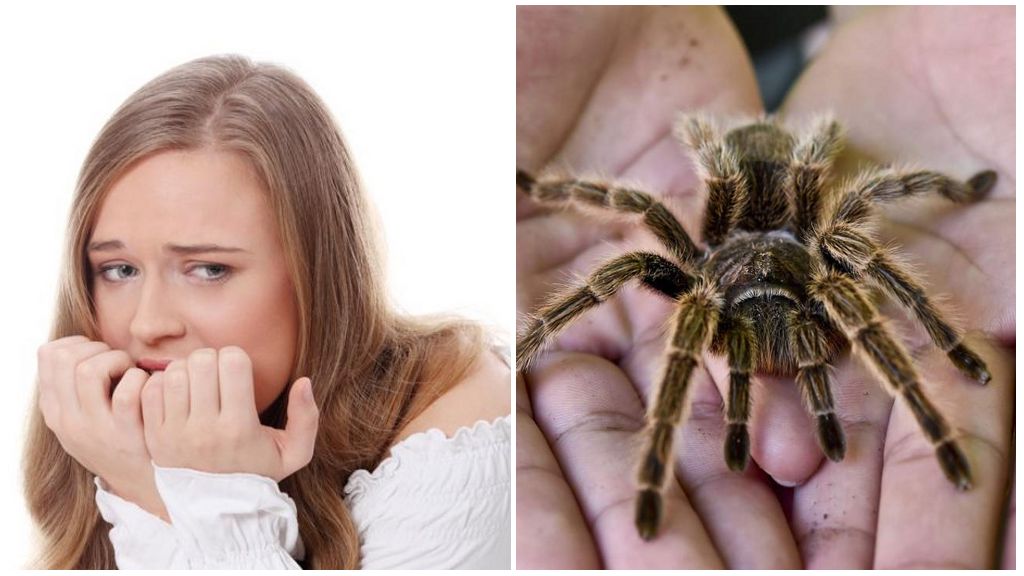Some people fear spiders more than they do death

Some people fear spiders more than they do death.

Spiders, those eight-legged creatures with their intricate webs and quick movements, have the ability to instill fear in the hearts of many individuals. It is somewhat surprising to learn that for some people, this fear is greater than the fear of death itself. Imagining a scenario where someone would rather face death than encounter a spider seems unimaginable, yet it is a reality for a significant portion of the population.
There are various theories and explanations as to why some individuals have such an extreme phobia of spiders, known as arachnophobia. One possible reason is the effect of evolutionary biology. Throughout human history, spiders have been associated with danger and threat. Their venomous bites have posed a risk to our ancestors, making them instinctually wary of these creatures. This fear of spiders may have been passed down through generations, leading to the heightened response seen in individuals today.

Additionally, cultural and societal influences play a role in shaping our fears. Stories, movies, and folklore often portray spiders as creepy, dangerous, and malevolent creatures. These depictions further intensify the fear, as our minds absorb and internalize these images. Furthermore, negative personal experiences or witnessing others react negatively to spiders can contribute to the development of arachnophobia.
From an evolutionary standpoint, fear is an important survival mechanism. It keeps us vigilant and helps us avoid dangerous situations. However, when the fear becomes irrational and interferes with daily life, it transforms into a phobia. Arachnophobia can cause severe anxiety, panic attacks, and avoidance behaviors. Consequently, those affected may go to great lengths to ensure they never encounter a spider, even if it means sacrificing certain activities or experiences.
In an attempt to overcome their fear, some individuals turn to exposure therapy, a treatment technique that involves gradually exposing the person to the object of their fear in a controlled and supportive environment. With time and repeated exposures, the hope is that the fear response diminishes and eventually subsides. However, this method may not be effective for everyone, as the phobia can be deeply ingrained and persistent.
To conclude, the fear of spiders is a real and potent phobia experienced by many individuals. While it may seem incomprehensible to fear these tiny creatures more than death itself, the reasons behind arachnophobia can be traced back to both evolutionary and societal factors. Understanding and addressing this fear can help individuals lead more fulfilling lives, free from the constraints imposed by this irrational yet debilitating phobia.
Source: The Independent
Related Posts
Quick Links
Legal Stuff

